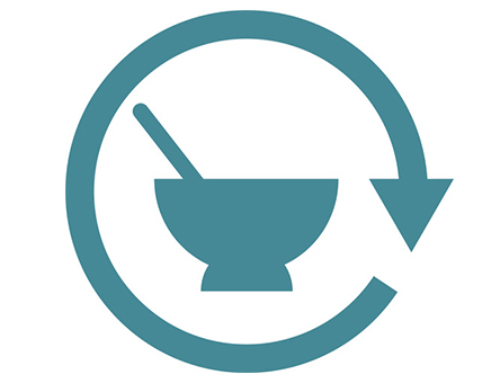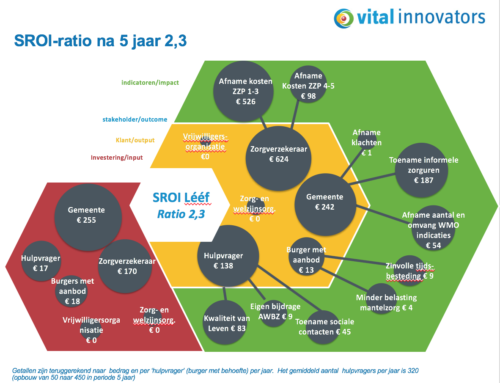Intention
Average 3% of all families in the Netherlands are faced with several problems at the same time: lack of income, a low level of education, small housing, domestic violence, parenting problems and/or addiction problems. Often they have also dropped out of assistance and no longer respond to contact requests. One of the latest attempts to reach these families is intervention care: families are actively sought after which cooperation with the parents is started.
The approach
To gain insight into the effects of interventional care, Carin Rots and colleagues from GGD West Brabant set up a study. Two groups of multi-problem families had to be selected and compared: One group that received interventional care (the intervention group) and one group that did not receive interventional care but standard care – ‘care as usual’ (the control group). The standard approach assumes that the Youth Health Care (JGZ) has an overview of all multi-problem families in a region, and that the JGZ nurse contacts the parents regularly to monitor the situation in the family.
The result
However, the JGZ in the control region had trouble finding the multi-problem families at all. This while one of the municipalities involved was known for its deprived neighborhoods with multiple problems. This brings up the question: to what extent does the 'care as usual' approach work??
The lessons
The lesson from this study is clear: Signaling and care for multi-problem families must be improved. These are families that everyone is going through, but for which there is still no unambiguous approach and it is clear which authorities do what. What is the role of the JGZ as an indicator of high-risk families? What does the credo of the JGZ mean?: 'all children in the picture'? Become (multi-) problem families reached, and what exactly is there to offer care? A clear vision is needed with regard to the outreach work and training of JGZ nurses in this methodology.
Author: Carin Rots, GGD West Brabant
OTHER BRILLIANT FAILURES
Who finances lifestyle in cardiac rehabilitation?
Beware of the chicken-egg problem. When parties are excited, but first ask for proof, check carefully whether you have the means to provide that burden of proof. And projects aimed at prevention are always difficult, [...]
Brilliant Failure Award Healthcare – 20 to stop coming up with new advice 2024
Wednesday 20 In November, the Brilliant Failure Awards for Healthcare will be organized for the tenth time by the Institute for Brilliant Failures.
Brilliant Failure Award Healthcare – 20 to stop coming up with new advice 2024
Wednesday 20 In November, the Brilliant Failure Awards for Healthcare will be organized for the tenth time by the Institute for Brilliant Failures.











